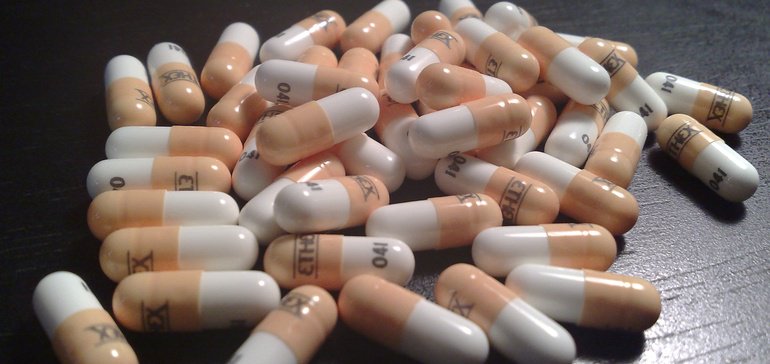The RDC prosecution could serve as a warning to the drug distribution industry, potentially impacting litigation against the three largest players: McKesson, AmerisourceBergen and Cardinal Health.
“Today’s charges should send shock waves throughout the pharmaceutical industry reminding them of their role as gatekeepers of prescription medication,” Drug Enforcement Administration Special Agent Ray Donovan said in an April 23 statement. The charges were brought against RDC and its executives by the U.S. attorney for the Southern District of New York.
The big three distributors all face “significant risk from opioid litigation,” wrote David Larsen, an analyst for SVB Leerink, in an April 22 note, adding that the investment bank remains cautious on the companies’ prospects.
Tuesday’s filings against RDC help demonstrate the logic behind that cautiousness. Prosecutors alleged distributors played an essential role in spreading opioids to pharmacies, and eventually patients, across the country at sharply increasing rates in recent years.
From 2012 to 2016, the number of oxycodone tablets sold by RDC soared from just under 5 million to more than 42 million. Fentanyl sales increased even more sharply during that time period, from 63,000 doses to 1.3 million.
RDC admitted to “misrepresenting to the DEA the company’s due diligence practices and knowingly failing to file suspicious order reports with the DEA regarding some of RDC’s customers’ suspicious orders,” the company admitted as part of its settlement agreement.
The case against Doud will be one to watch going forward, particularly amid increased scrutiny on the individuals, not just the companies, at the heart of the opioid crisis. Most notably, the Sackler family has faced negative publicity as some attorneys general examine individual culpability.
If convicted, the 75-year-old former CEO would face a mandatory minimum sentence of 10 years in prison on the charge of conspiracy to distribute controlled substances. Doud was also charged with conspiracy to defraud the U.S., which carries a five-year maximum prison term.
Doud led RDC from 1991 until April 2017, and the indictment against him describes how he dismissed concerns raised by other executives.
In one instance outlined in the indictment, RDC’s chief operating officer questioned the distributor’s relationship with one pharmacy in 2013 that was ordering increasing amounts of the fentanyl spray Subsys.
When the COO continued to question if the financial relationship was worth keeping, the indictment states that Doud told the exec, “Kill it and die!” The relationship with that pharmacy carried on.
“Mr. Doud is being framed, plain and simple,” Doud’s attorney Robert Gottlieb said in a statement provided to BioPharma Dive. “The Government has it all wrong and is being used by others to cover up this wrongdoing. Mr. Doud will fight these false charges to his last breath and he will be vindicated.”








